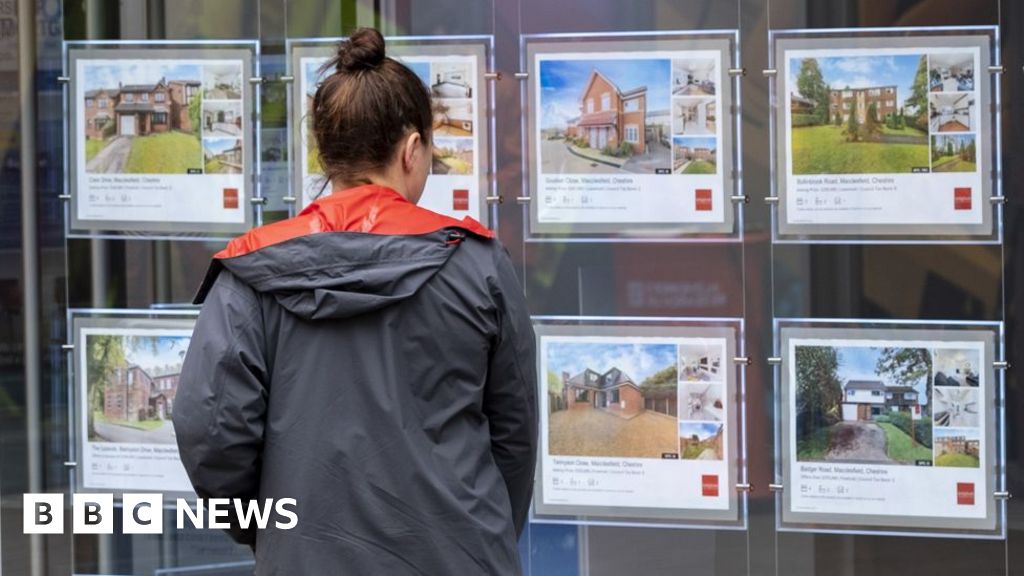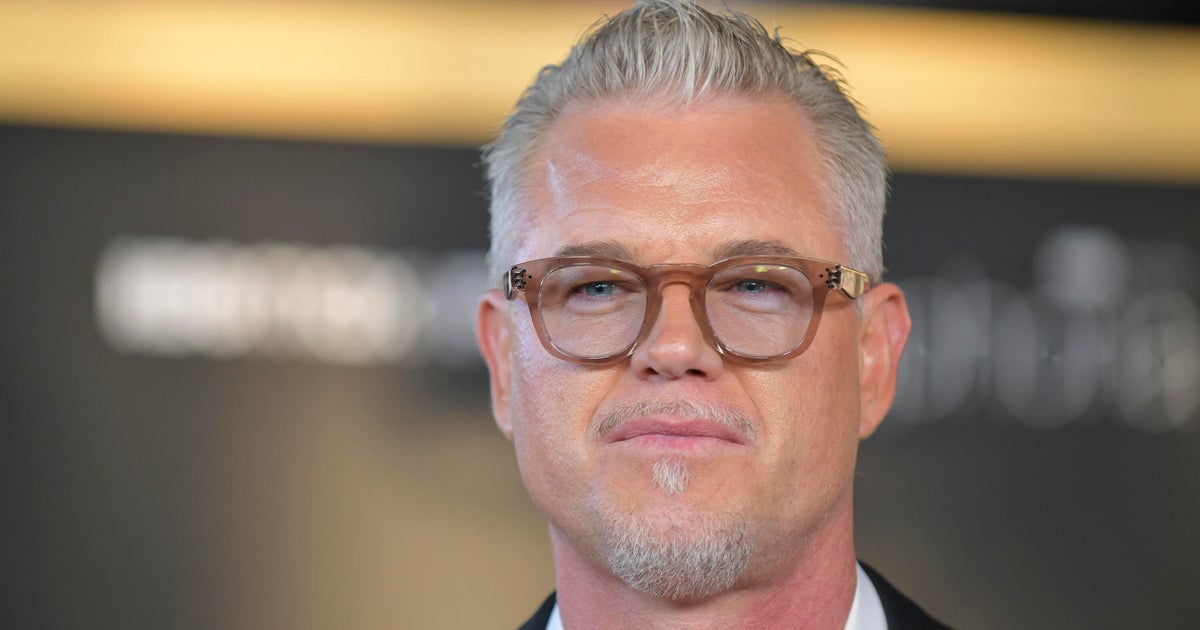KARACHI:
The most valuable quality that a socially conscious and responsible business can demonstrate to its stakeholders is its understanding that profits cannot be achieved without integrating people and the planet into its purpose.
A rise in this approach can be observed in how organisations are rethinking their approach to conventional CSR. They are endeavouring to infuse sustainability with their strategic objectives, thereby improving environmental, social, and governance (ESG) reporting.
Due to the pressure from investors, regulators, and consumers, corporates are shifting their products and processes to become more sustainable and inclusive, and tangibly reflecting on how they are contributing to the realisation of the Sustainable Development Goals (SDGs).
SDGs serve to prompt governments, the public sector, and society at large to put ethical and pressing issues at the heart of policy, processes, and decision-making. The goals function as a set of guiding principles for businesses to look at their operations and their impact on communities through the lens of sustainability so that they can effectively contribute to the development of a prosperous society.
This approach is welcomed by the corporate sector which has been making strides to align business activities with global efforts that are ethical and sustainable in nature. As such, this can be understood as the humanisation of company values.
Businesses are stringently assessing the direct or indirect harm caused by them to communities and the environment in which they operate. It is no wonder that with the awareness creation which is currently ongoing, customers and potential clients are tilting towards organisations that are committed to the promotion and attainment of sustainability.
The role of the government and policy-makers is equally sought out and required for the successful integration and implementation of sustainable practices across larger societies.
Businesses internationally are exploring alternative mechanisms to sustainably achieve the SDGs via their processes and products. However, effectively embedding these mechanisms in business practices is not possible without regulatory support.
This is evident in the transition from fossil fuel to solar energy. Through supportive policies, regulations, and incentives in countries like Germany, China, India, Spain, and Italy, we are witnessing solar energy adoption by both businesses and consumers.
Another example is how governments in a few developed countries, including the UK, Italy, France, Germany, Spain, Sweden, Japan, and New Zealand have passed legislation in favour of HTPs. This is a big step towards encouraging consumers to adopt reduced-risk alternatives.
While regulators and businesses are critical for the transition to better alternatives, the movement remains incomplete without structured discourse and dialogue on the subject.
There is a need to amplify the visibility of practices across industries that are happening around the world. This will also encourage collaborations and synergies. In this regard, a more focused and concentrated effort is required through a united front where individuals, communities, and institutions can come forward and share what and how they think alternative mechanisms contribute to SDGs.
Apart from conducive regulatory environments, there is a dire need to develop an ability to understand climate and SDG-integrated financial instruments and transactions. We need to build this capacity so that it can take shape across sectors.
What is required is that we move the needle from peripheral CSR practices to sustainable investments and corporate impact venturing models across organisational supply and distribution communities.
Introduction and inception of new forms of impact and blended capital are seeing the light of day. While this is an encouraging indicator, the pace of adoption needs to be fast-tracked as climate-induced disasters are not going to wait.
To meet the challenges of the future, it is imperative for us to rethink the role of regulators, businesses, investors, and consumers. We must do away with antiquated beliefs and conventional methodologies and devise alternatives to help us sustainably realise the SDGs.
The writer is the Founder and Director at SEED Ventures
Published in The Express Tribune, January 30th, 2023.
Like Business on Facebook, follow @TribuneBiz on Twitter to stay informed and join in the conversation.















































